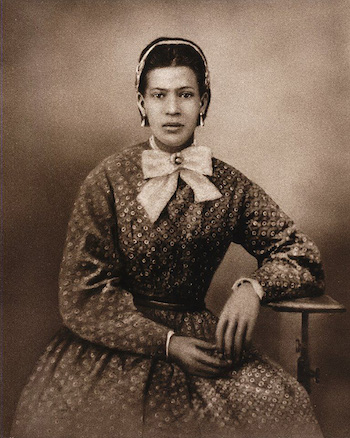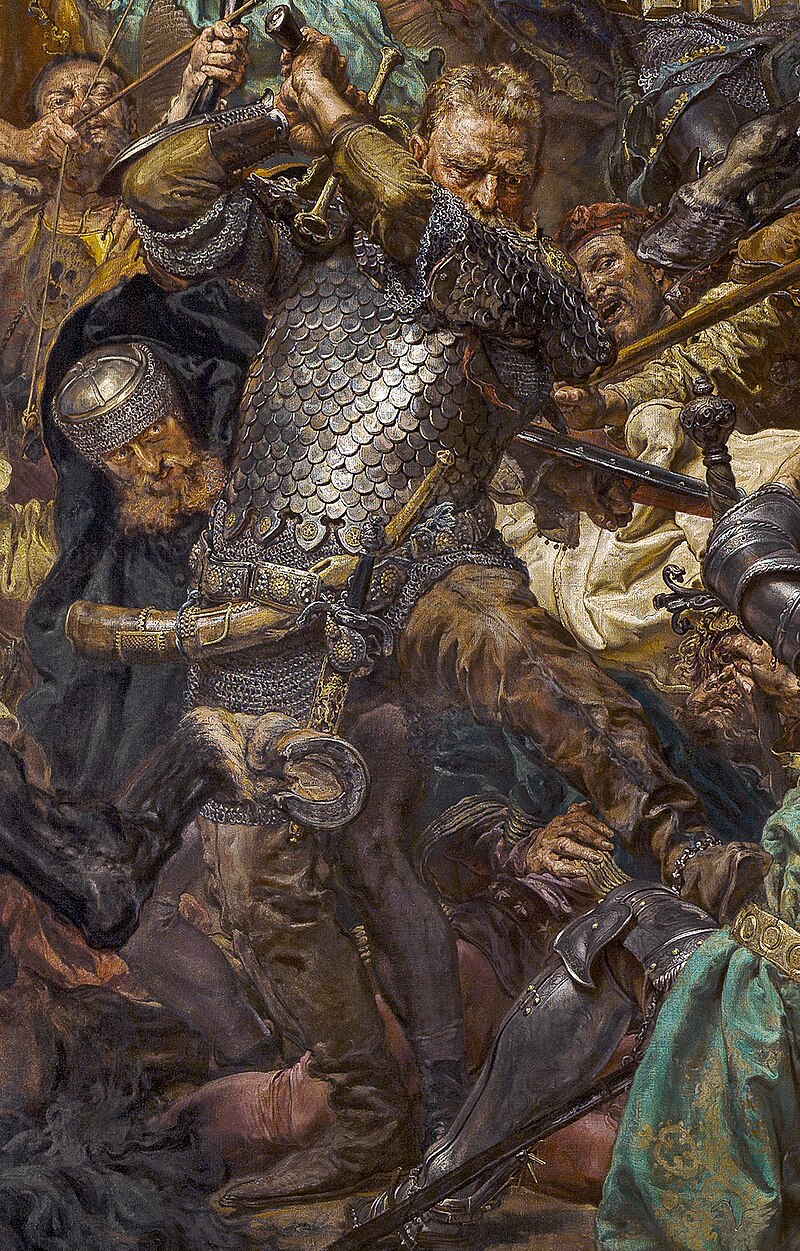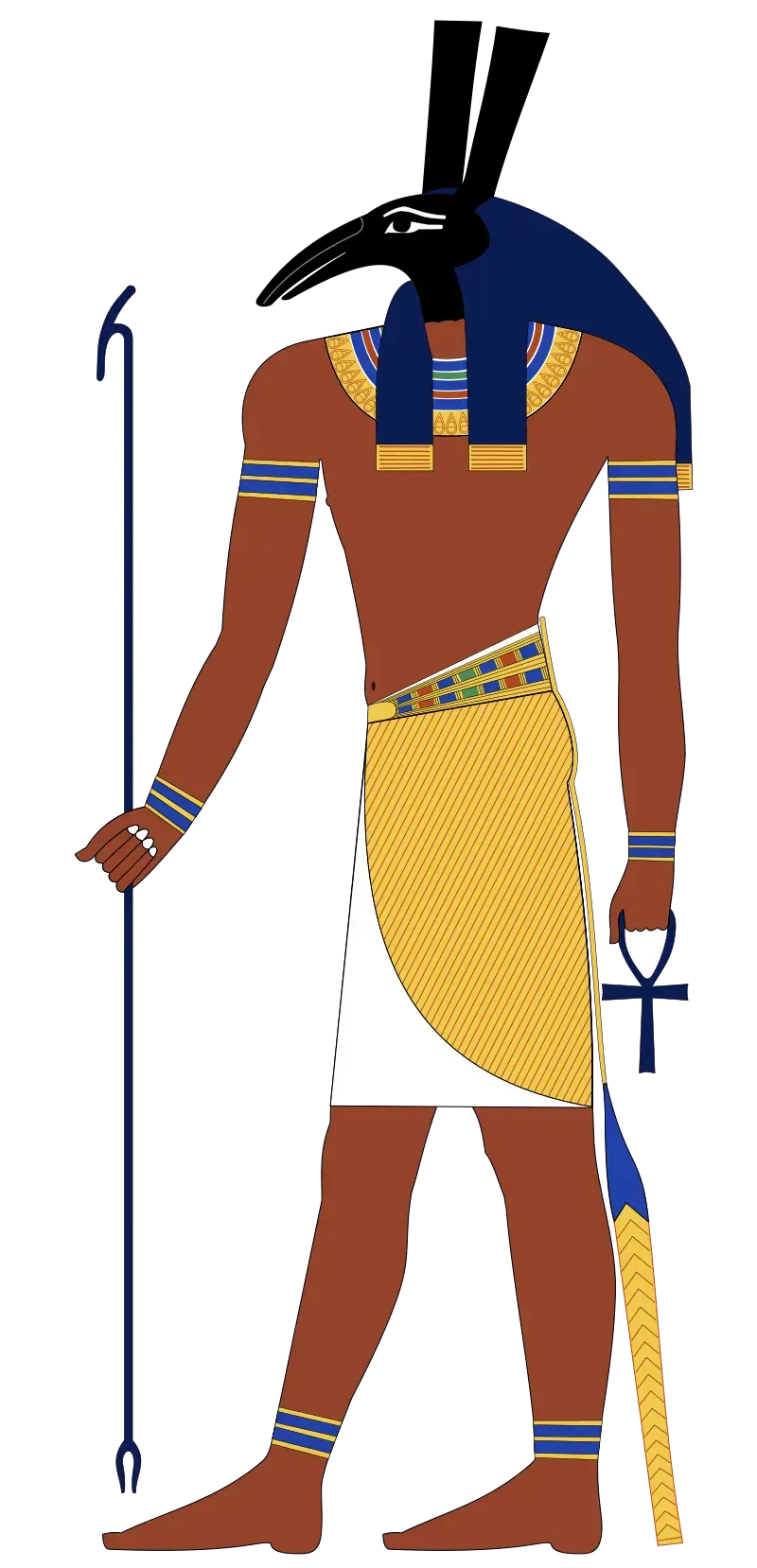Marie Laveau

Marie Catherine Laveau (September 10, 1801 – June 15, 1881) was a legendary Louisiana Creole healer, midwife, spiritual leader, and Voodoo practitioner who became one of the most influential figures in 19th-century New Orleans. Revered as the “Voodoo Queen of New Orleans,” she blended African, Native American, and Catholic spiritual practices into a distinct local tradition now recognized as Louisiana Voodoo. Her reputation extended far beyond religious rites—she was a community healer, an activist, a businesswoman, and a source of both comfort and power for the people of her city.
Laveau was born free in New Orleans, and her mixed ancestry—African, French, and Native American—reflected the diverse Creole identity of the region. She lived during a time of complex racial and social hierarchies, yet she rose to remarkable prominence, gaining the trust of both the wealthy elite and the impoverished, enslaved, and disenfranchised populations alike.
In her spiritual work, Laveau was known for offering consultations in matters of love, justice, health, and prosperity. She provided charms known as gris-gris, conducted rituals, offered prayers, and performed healing work that combined Catholic saints, African spirits, and folk medicine. While many sought her help privately, others gathered in public ceremonies—particularly at Congo Square and along the Bayou St. John during St. John's Eve—where Laveau's leadership commanded deep respect.
One of the most practical aspects of her influence came through her beauty parlor, where she worked as a hairdresser for some of New Orleans’s wealthiest families. Laveau reportedly gathered valuable personal information from her clients during these visits—either through direct conversation or from the servants she paid or healed. She then used this knowledge to enhance her perceived clairvoyance during Voodoo consultations. This strategic blending of social savvy and spiritual performance solidified her reputation as a woman of uncanny insight and power.
Laveau’s compassion extended well beyond the mystical. During the deadly yellow fever epidemic of 1878, she was known for caring for the sick and dying, offering herbal remedies, prayers, and emotional support to the afflicted. She also visited prisoners, offered guidance to women in her community, and performed rituals for those in need, often without expecting payment. Her humanitarian efforts earned her both reverence and enduring love from many in New Orleans.
Though she passed away in 1881, stories of her supernatural abilities persisted, and some residents even claimed to see her walking the streets long after her death. Her daughter, Marie Laveau II (born 1827), carried on her legacy, practicing Voodoo with a more theatrical and public style. She held elaborate ceremonies and rituals—especially during St. John’s Eve—and combined traditional spiritualism with performance and spectacle.
Despite her fame, many aspects of Marie Laveau’s life remain shrouded in mystery. Some stories claim she kept a pet snake named Zombi, named for an African deity, and that she fused Catholicism with African and Native American elements in her rituals. While these tales are difficult to verify, they contribute to the rich tapestry of folklore surrounding her name.
Marie Laveau remains a central figure in Louisiana's cultural and spiritual history. Her tomb in St. Louis Cemetery No. 1 continues to attract visitors who leave offerings in the hope of gaining her favor. Whether seen as a healer, priestess, activist, or folk magician, Laveau’s legacy endures as a powerful symbol of New Orleans mysticism, resilience, and spiritual syncretism.


